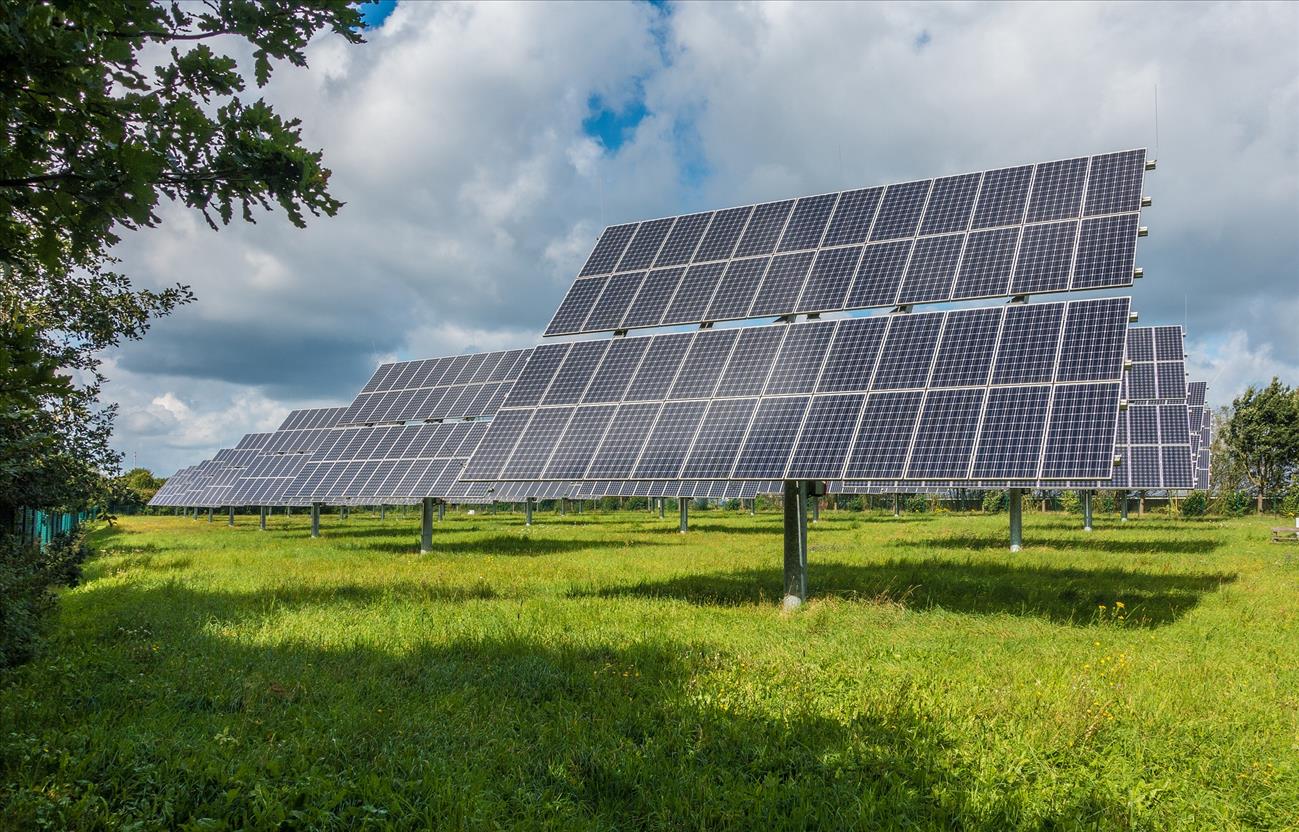In the last few months of summer, it can be common to wonder if solar panels generate electricity during the winter? When it comes to solar energy, this is a prevalent question. Will solar panels continue to provide energy as the weather cools and the skies darken? It's a legitimate question in a place where the winter lasts three months but feels like four or five.
Solar cells, on the other hand, are commonly misunderstood to not work in the winter. Even in colder northern regions with rainy weather, solar electricity may be a stable and resilient renewable energy source. For example, in 2017 Germany generated 6.6 percent of its energy from solar sources. Keep reading to discover how solar cells work and how seasonal weather affects them.
How Solar Cells Work
For the remainder of summer while you're researching pool builders near me, take a look into solar panel energy solutions. It's crucial to understand how solar cells work in order to comprehend why they're still useful in the winter. Photovoltaic cells, which are specific units often composed of silicon, make up solar panels. Electrons in these PV cells are activated when photons, or light particles, collide with them. Within the cell, this energy is transformed into a usable electric current. All it needs is contact with direct sunlight to produce this energy.
In the Cold
Solar panels, as you've seen above, rely on the sun's light rather than its heat. Solar cells, like other electrical products, work best in lower temperatures. Surprisingly, too much heat can reduce the efficiency of the cells. Solar cells will produce more power on a chilly, bright day than on a hot, bright day. This is due to the energy differential between photons from the sun and electrons in the solar cell. The greater the energy differential between the two groups of particles, the greater the power generated. The difference between them is bigger in colder conditions, implying that more power is created within the cell when it is touched by light.
What About Snow?
Very cold weather has the potential to be a disadvantage for solar panels. Until the snow is gone, the sun's rays will be blocked from reaching the solar cells. Fortunately, as it heats up, a small quantity should melt and slide off the smooth surface. Snow won't stick to solar panels like other materials since they are pointed towards the sun.
In places that don't experience heavy snow, it might not have a significant impact on solar output. Even in a much colder region, such as Canada, the Northern Alberta Institute of Technology discovered that solar panels that had snow removal produced only 1% to 5% more than those not maintained.
When It's Cloudy
Unfortunately, the advantages of lower temperatures are counterbalanced because there is less sunlight in the winter. Many people will be surprised to find that some places only receive 30% of the maximum amount of sunshine possible in a year, with the smallest proportion occurring in the winter. How much this influences solar energy output depends on the density of the clouds. The more cloudy it is, the less sunshine that reaches the solar panels.
Even if the weather isn't ideal, solar cells can still generate a surprising quantity of energy. This is because solar cells can use either direct or diffuse light. Solar radiation that travels in a straight path from the sun to the planet is known as direct light, whereas diffuse light is light that has been scattered by particles in the atmosphere, such as rainy clouds, before reaching the earth.
Solar During Daylight Hours
Even if there is sunshine on a winter day, it will last for a shorter time in climates farther from the equator. On a clear day, less direct sunlight will reach the panels due to fewer sunny hours, and the sun is lower in the sky. Even while certain panels can be angled towards the sun throughout the winter months, this will always be an issue. Although not as efficient as during the summer months, solar can still produce energy during winter.
Are You a Professional?
Requests for your services are coming in left and right. Let’s connect and grow your business, together.


